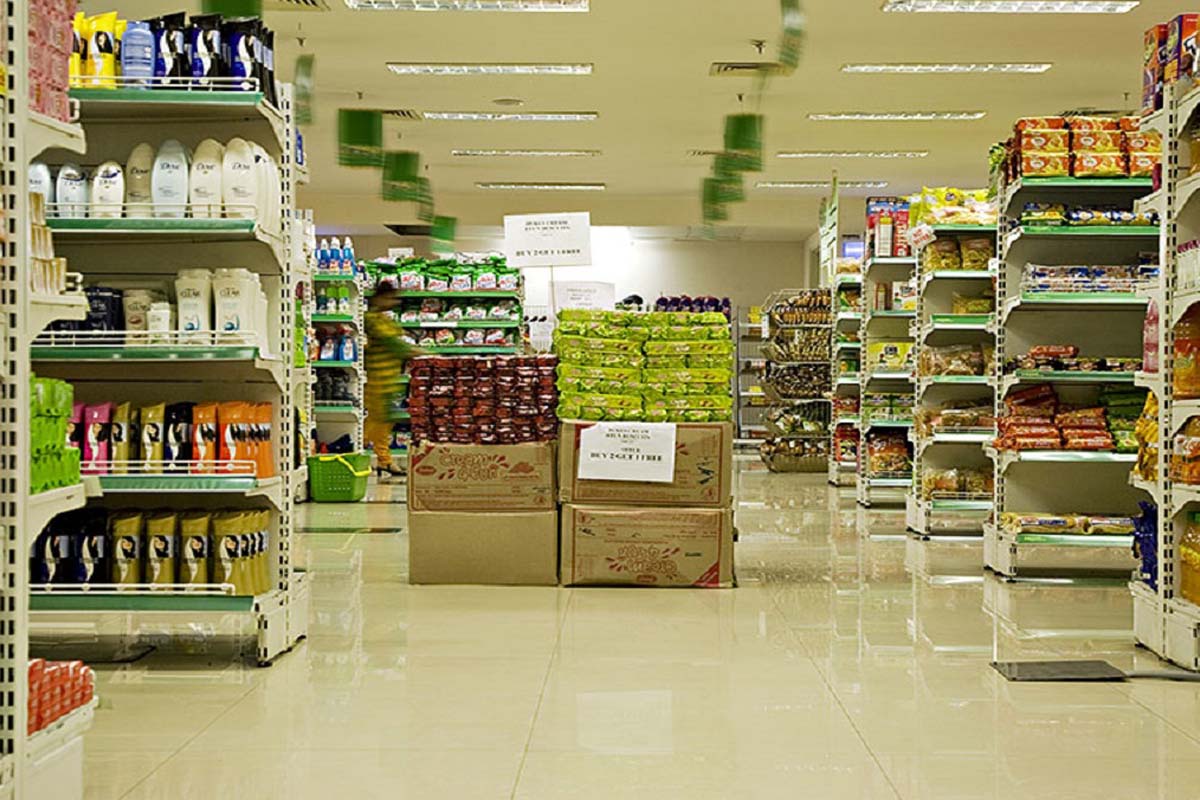New Zealand’s annual food prices were 9.6 per cent higher in July 2023 than in July 2022, the country’s statistics department said on Friday.
Stats NZ said in July this year, the annual increase was due to rises across all the broad food categories measured, with grocery food prices up 11.9 per cent, Xinhua news agency reported.
“While overall food inflation has slowed, it is comparable to the increases we saw in 2008 and 2011,” said Stats NZ consumer prices manager James Mitchell.
“Increasing prices for fresh eggs, potato crisps, and six-pack yoghurt were the largest drivers within grocery food,” Mitchell said.
The second-largest contributor to the annual movement was restaurant meals and ready-to-eat food.
The increase in this group was driven by dine-in lunch/brunch, takeaway meals, and dine-in evening meals, he said.
Monthly food prices fell 0.5 per cent in July 2023 compared with June 2023, according to Stats NZ.
Prices for fruit and vegetables such as tomatoes, avocadoes, and oranges contributed the most to the overall monthly fall and are also down year on year, Mitchell said.
“While prices for fruit and vegetables fell 4.1 per cent in the month, they are 6.2 per cent more expensive than this time last year,” he said.
New Zealand’s cost of living for the average household increased by 7.2 per cent in the 12 months to June 2023, contributed mainly by soaring food prices, according to Stats NZ figures last month.
Food prices increased by 12.7 per cent for the average household, which was the main contributor to higher living costs for most New Zealand household groups, it said.





